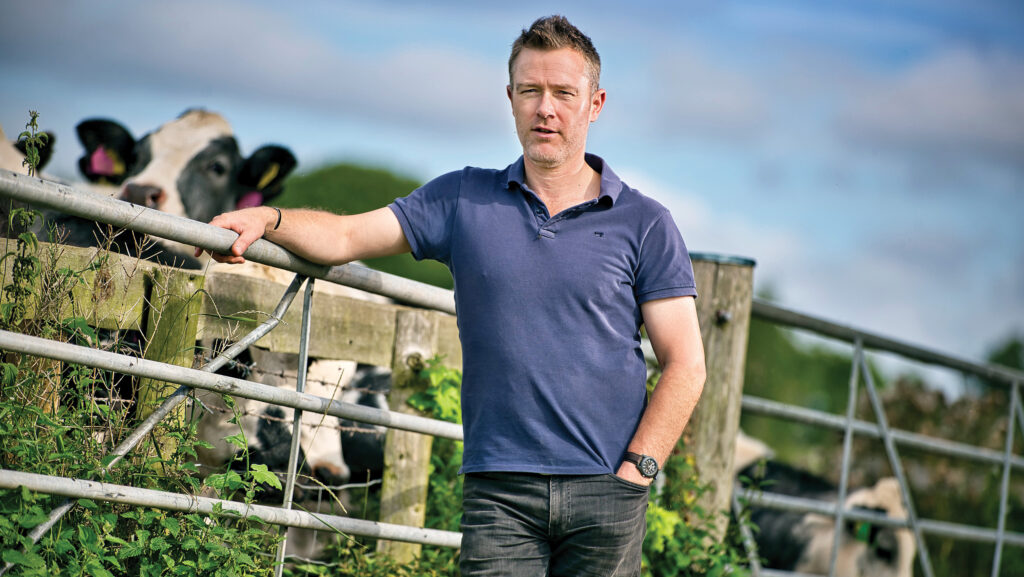Will’s World: Bokashi – a brilliant solution to food waste
 © Richard Stanton
© Richard Stanton There are three things that get the present Mrs Evans up on her soapbox.
The first of these is bad customer service. Several months back, at a popular children’s attraction in the Midlands, service at a restaurant was so hideously inept that it got to the point where our numerous daughters and I couldn’t help but laugh at the situation, despite the absurdly long wait for our food and the comically rude staff.
It was like something out of Fawlty Towers.
My darling wife failed to see the funny side, however, and I swear that I saw steam come out of her ears at one point.
See also: Fermenting organic matter better for soil health than composting
Her second bugbear is my complete and utter inability to find anything in our house.
She can be on the phone, exasperatedly explaining to me exactly where an item is to be found in the fridge or cupboard I’m looking straight into, and I will swear on everything that’s holy that it isn’t there.
When she arrives home a few hours later, she finds it precisely where she said it was.
This is such an enormous annoyance to her, that she’s coined a phrase for it – “man-looking”.
Waste not, want not
The third, though, is the one that really gets her going – food waste. Woe betide anyone in the Evans household who doesn’t have a clean plate or eat all the contents of their lunchbox.
Family members will be actively berated, friends will be disapproved of, and visitors will be harshly judged if they leave so much as a morsel to be thrown away.
In fairness, as the daughter of a farmer who’s also now married to a farmer herself, not to mention someone who single-handedly grows a great deal of our family’s fruit and vegetables in her polytunnel, she probably appreciates the hard work and effort that goes into producing what we all eat more than most, so I agree with her on this one.
To say that food waste is a big issue, though, would be the understatement of the century, because the figures globally are truly staggering.
Between 25% and 30% of total food produced is lost or wasted, and food waste is estimated by the Intergovernmental Panel on Climate Change to contribute up to 10% of total man-made greenhouse gas emissions.
If food waste were a country, it would be the world’s third-largest emitter, after China and the US.
The good news is that governments and organisations are finally waking up to this, and one of the UN’s Sustainable Development Goals is to halve food waste by 2030.
However, because that seems unlikely at the current trajectory, we’ve decided to play our small part in helping be a part of the solution by taking up bokashi.
Have you heard of it? Nor had I until quite recently, but it’s very cool indeed.
Bran new thing
We got a couple of airtight bins from the brilliantly named Wiggly Wigglers in Herefordshire and started adding layers of food waste to them with a handful of bokashi bran each time.
The bran contains micro-organisms that kick-start a fermentation process, breaking down the organic matter into simpler, more accessible nutrients.
Then, after a few weeks, you just mix it into your soil or compost and dig it into your garden. What could be simpler, or better for the soil and the environment?
Imagine if farmers led the way with this, with farm shops, veg box schemes, and other diversifications all participating to demonstrate what we can do in terms of a circular economy.
It seems like an easy win to me.


